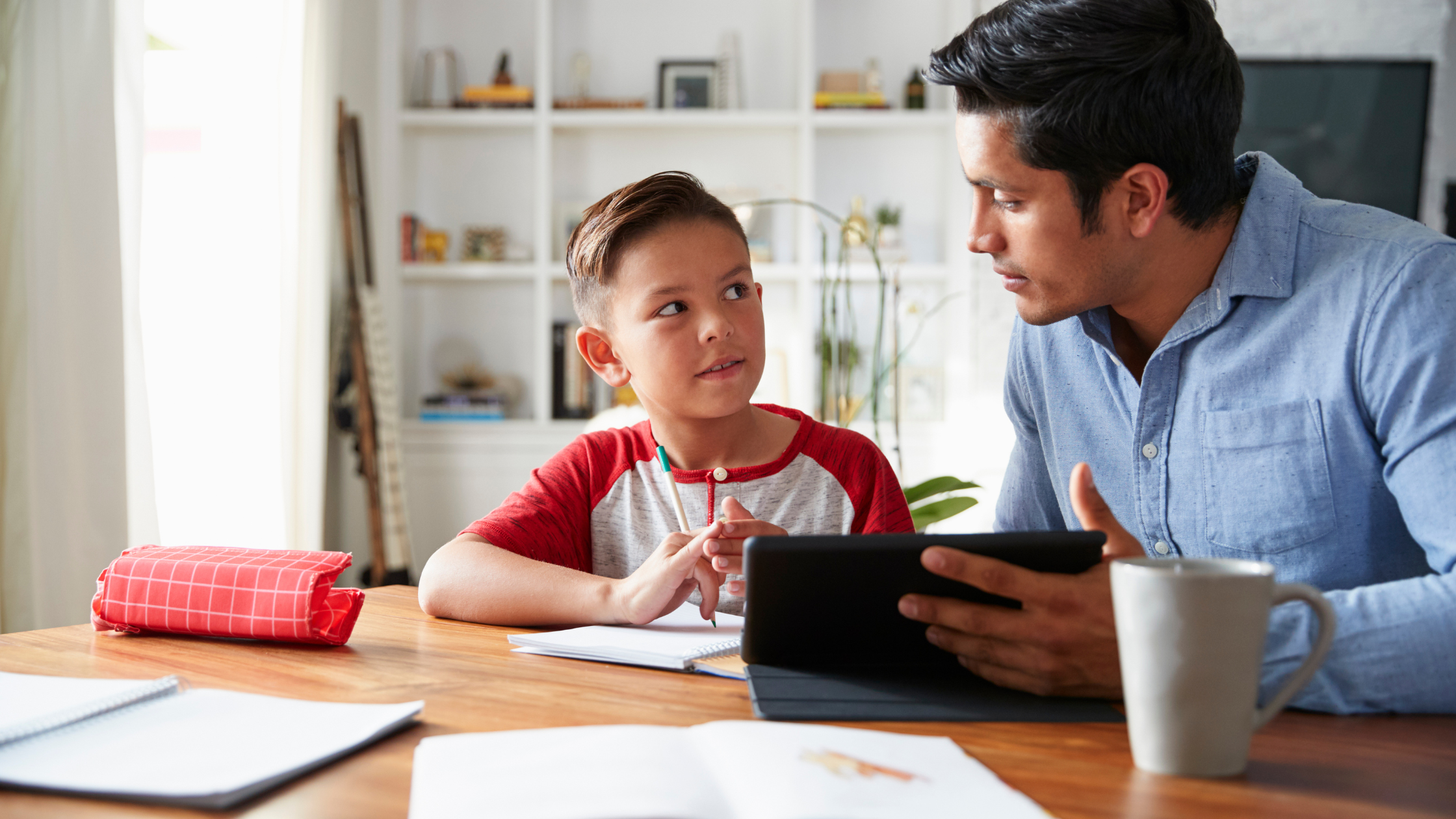Written by Claudia Belliveau, PhD candidate, McGill University
Mindfulness has been such a hot topic the past few years… but what is it really?
At the most simple level, mindfulness is being aware and present. In other words, being aware moment-to-moment about your thoughts, feelings, bodily sensations and surrounding environment. This sounds simple, but it’s actually really hard to be mindful EVERY moment; it takes a lot of practice.
Generally, there is another aspect to mindfulness that is important. While being in the present moment, you have to try and accept any feelings, thoughts or sensations that you feel, without being judgemental. For example, if you are sitting on the couch with your eyes closed, try becoming aware of your legs touching the couch, your feet touching the ground, the pain in your neck then suddenly a thought pops in “Wow this couch is hard!”. STOP.
You might be starting to label this thought as “negative” (the couch is supposed to be soft, but it’s hard, therefore the couch is bad). However, during mindfulness practice, you just accept the thought, without labeling it as negative or positive and just letting it pass.
Arguably, that’s the hardest part of mindfulness practice.
How do you actually practice mindfulness and get better at it?
Seeing as mindfulness is such a broad term (being in the present moment, aware but non-judgemental), it can be practiced in many different ways.
Here are some ways mindfulness can be practiced (Mayo Clinic 2022):
-
Meditation: Mindfulness meditation is a popular technique where you sit comfortably, focus on your breath or a specific object, and observe your thoughts, emotions, and bodily sensations as they arise and pass without getting caught up in them (i.e. the couch example from above).
-
Body Scan: This practice involves systematically directing your attention to different parts of your body, starting from your toes and moving up to the top of your head. You observe and notice any sensations, tension, or discomfort in each area, without trying to change anything.
-
Mindful Walking: Walking mindfully involves paying close attention to the sensations of walking. You focus on the movement of your feet, the contact with the ground, the rhythm of your steps, and the sensations in your body as you walk. It can be done indoors or outdoors and at a slow or regular pace.
-
Mindful Eating: This practice encourages you to eat slowly and savor each bite, paying attention to the taste, texture, and smell of the food (definitely no phones allowed). You bring your awareness to the physical sensations and your body’s cues of hunger and fullness while eating.
-
Mindful Breathing: Concentrating on your breath is a fundamental technique in mindfulness. You observe the inhalation and exhalation, feeling the sensation of the breath entering and leaving your body. Whenever your mind wanders, you gently bring it back to the breath.
-
Daily Activities: Practicing mindfulness can be integrated into your daily routine. Whether you’re brushing your teeth, taking a shower, or washing dishes, you can bring full attention to the experience, noticing the sensations, smells, and movements involved. This can be particularly easy to integrate into your daily schedule.
-
Mindfulness in Nature: Spending time in nature provides an opportunity to cultivate mindfulness. Engage your senses by noticing the sounds, colors, textures, and smells around you. You can observe the movement of leaves, listen to birdsong, or feel the ground beneath your feet. When is the last time you really looked at a tree and noticed the leaves overlapping?
Can practicing mindfulness reduce parental stress?
Short answer: most probably. Like most of the topics we cover here at Curious Neuron, the answer isn’t always so simple. In the next part of this mindfulness series, we will cover how mindfulness can be a method used by parents to reduce their stress (bonus: this may even improve your child’s behavior!).
Related Content:
-
How Can Parents Work On Self-Compassion And Mindfulness With Dr. Simón Guendelman podcast
-
Wondergrade App – has a meditation section that can help you practice mindfulness with your child













